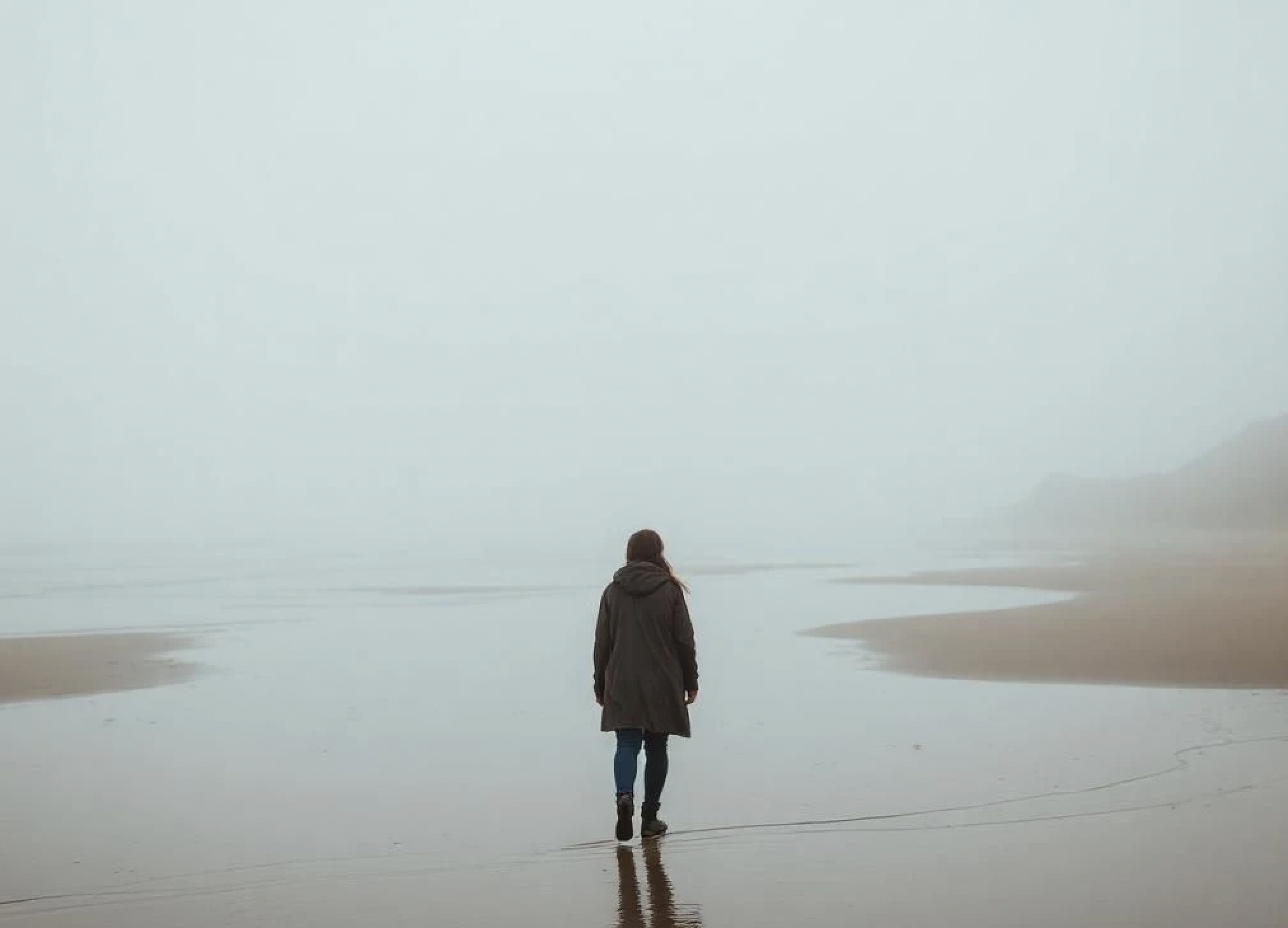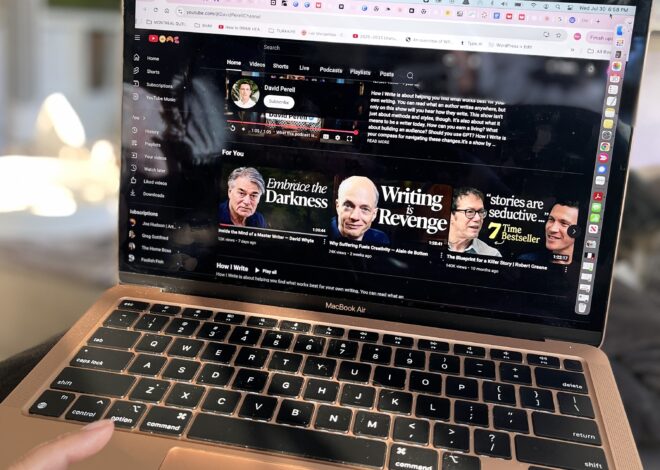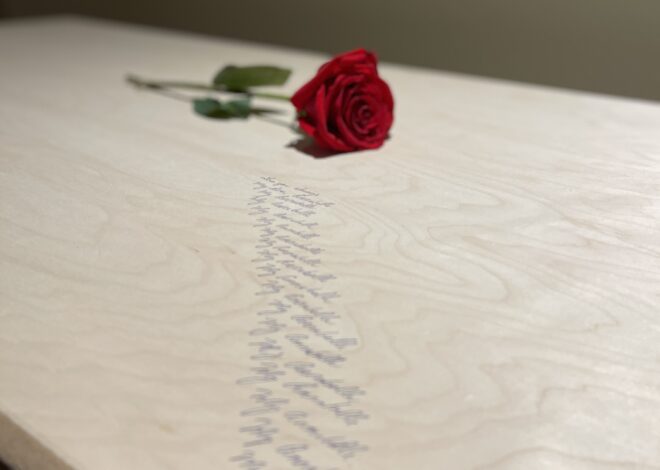
The Sacred Art of Letting Go: When Friendships Fade
There exists a unique kind of heartbreak that arrives when a friendship ends quietly, not with the dramatic flourish of a slammed door or the cathartic release of spoken truths, but with the gentle erosion of silence. No final conversation marks the boundary between what was and what is no longer. Instead, there is only the slow, almost imperceptible fade until you realize one day that they have become a ghost in your life, and you were never granted the courtesy of understanding why.
You find yourself staring into the void of unanswered messages, scrolling through old conversations, searching for the moment everything shifted. You dissect your last interactions, mining them for hidden meanings and unspoken resentments. And in that liminal space between knowing and not knowing, you torment yourself with questions that have no clean answers: Was it something I said? Something I failed to say? Could I have salvaged what was already slipping away?
But somewhere in the depths of your being, a quieter voice whispers what you’re not yet ready to hear: something had been unraveling long before you noticed the loose threads.
The Body’s Quiet Rebellion
Our bodies are far wiser than we give them credit for. Long before our minds can articulate what’s happening, our nervous systems begin their quiet rebellion. There’s a subtle tightening in your chest when you see their name on your phone. A barely perceptible hesitation before you respond to their messages. An inexplicable exhaustion that follows your time together, as if you’ve been running uphill in a conversation that once felt effortless.
Initially, you rationalize these signals away. You remember the golden days of your connection, when laughter came easily and understanding flowed like water. You blame external forces – stress, busy schedules, the natural chaos of adult life. But slowly, inevitably, a deeper truth emerges from the shadows: their energy is no longer in harmony with yours, and your body has been trying to tell you this for months.
We live in a culture that romanticizes permanence, that treats the ending of any relationship as evidence of failure. But what if the dissolution of a friendship isn’t a tragedy at all? What if it’s simply the natural completion of a sacred contract?
Some friendships arrive in our lives like spiritual assignments. They awaken parts of us we didn’t know existed, reflect back our shadows and our light, stretch us beyond our comfortable boundaries. They meet us exactly where we are in that moment – but they aren’t necessarily meant to accompany us to where we’re going.
The Particular Ache of Adult Friendship
Friendship in adulthood carries its own peculiar weight. We hunger for authentic connection while simultaneously armoring ourselves against disappointment. We crave depth but find ourselves too depleted to dig. In this landscape of competing desires, we sometimes cling to relationships that no longer nourish us simply because the alternative – starting over – feels impossibly daunting.
I have been guilty of this myself. I once held onto a friendship well past its expiration date, not because it was serving me, but because the idea of connection felt safer than the reality of solitude. I fixated on who this person had been to me once upon a time, willfully blind to who they had become. I absorbed their subtle criticisms, their growing disinterest, their increasingly one-sided investment in our relationship. I gave them the benefit of every doubt because acknowledging the truth would have meant admitting I was trying harder than they were – and that recognition felt like a small death.
But even the most generous illusions eventually wear thin. Even the most hopeful heart must eventually confront the reality that it cannot keep pouring itself into a vessel that refuses to hold water.
There is perhaps nothing more sobering than the moment you realize you’ve been viewing a relationship through rose-colored glasses, only to discover that the tint was not optimism but self-preservation.
The Sacred Practice of Release
Both friendship and the wisdom to know when to release it are sacred acts.
If you find yourself in the position of stepping away, the process may feel like a betrayal of your own loyalty. You may question whether you’re being too harsh, too quick to abandon what could potentially be repaired. But your intuition is a more reliable guide than your guilt. When a connection becomes performative, when maintaining it requires you to constantly edit yourself or carry the emotional weight for both parties, it is no longer serving anyone’s highest good. Letting go isn’t cruelty; it’s integrity.
If you’re the one being released, allow yourself the full spectrum of grief. The absence may feel like rejection, but more often it’s redirection. Sometimes people leave our lives when they can no longer access our energy in the familiar ways. Sometimes they depart when we’ve outgrown the old dynamic and haven’t yet realized our own evolution.
Friendship endings are particularly challenging because our culture lacks adequate language for them. We have elaborate rituals for romantic breakups, clear protocols for professional departures, but the dissolution of a platonic bond happens largely in silence. Yet like any spiritual transition, these endings are invitations – opportunities to develop stronger boundaries, sharper discernment, and a more authentic relationship with ourselves.
The Wisdom of Impermanence
Not all friendships are meant to last forever, and this isn’t a design flaw; it’s a feature. Some relationships are seasonal, arriving to teach us specific lessons before naturally concluding. Others are karmic, appearing to help us heal old wounds or recognize recurring patterns. Still others serve as bridges, connecting us to the next phase of our journey before gracefully fading into memory.
The question isn’t “Why did they leave?” The more illuminating inquiry is: “What part of me was already ready to release them before I consciously admitted it?”
There is profound healing in this recognition.
Sometimes closure doesn’t arrive through a dramatic conversation or a mutual decision to part ways. Sometimes it emerges in the quiet moment when you choose not to chase someone who is clearly running away. When you stop assigning blame and start accepting what is. When you shift from analyzing to simply allowing.
A New Vision of Friendship
Through the ashes of ended friendships, a clearer vision emerges:
I no longer desire relationships that feel like emotional transactions, where affection is measured in reciprocal gestures and love becomes a ledger to be balanced. I refuse to surround myself with people who flinch at my joy, compete with my peace, or grow cold in the face of my growth. I am done contorting myself into shapes that make others comfortable at the expense of my own authenticity.
Instead, I seek friendships that feel like breathing natural, essential, life-giving. I want connections that meet me in stillness, not just in crisis. Relationships where being truly seen doesn’t feel like a risk, and where softening doesn’t cost me my power.
Most importantly, I want to become the kind of friend I have been searching for – steady, attuned, loving without agenda or expectation.
The Return to Self
Perhaps these endings aren’t endings at all, but returns. Returns to our center, to our clarity, to the parts of ourselves that were stretched thin in service of keeping something alive that was already dying.
If no goodbye was offered, let your presence be your response. If pain was left unnamed, let stillness become your medicine. If the bond dissolved in silence, let your own voice be the one that affirms your inherent worth.
You deserve sacred reciprocity. You deserve friendships that bloom in full sunlight rather than surviving in shadows. And you deserve to honour the quiet wisdom of your own heart when it whispers gently but firmly – that it’s time to let go.
In the end, the most radical act of friendship may be knowing when to free both yourself and the other person from the weight of what you used to be, creating space for what you’re both becoming.
This reflection represents personal insights and is intended for contemplative purposes. For professional guidance regarding relationship challenges, please consult a qualified therapist or counsellor.



